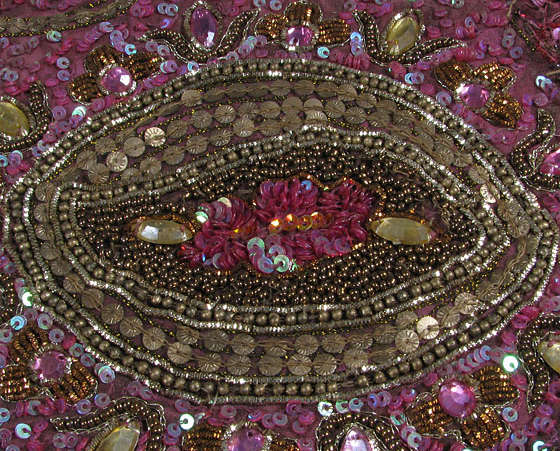===
0128,
8
===

=== |
 |
FWP:
SETS == MIDPOINTS
MOTIFS
NAMES
TERMS == AFFINITY; INSHA'IYAH; MEANING-CREATIONReally, SRF has said everything that needs to be said about this lovely, melancholy verse.
I'd only like to add a point in defense of {664,4}. SRF apparently reads kyaa sahl hai as 'how simple it is!', and thus derives the idea that the verse devalues human life and treates it as of little account. But of course, as he would undoubtedly agree, kyaa sahl hai can also be read as an indignant exclamation 'as if it's simple!' (implying that it's not at all simple, and thus conveying a sense of the mysterious value and potency of human life); or else as 'is it simple?' (thus asking a thoughtful question about the whole matter).